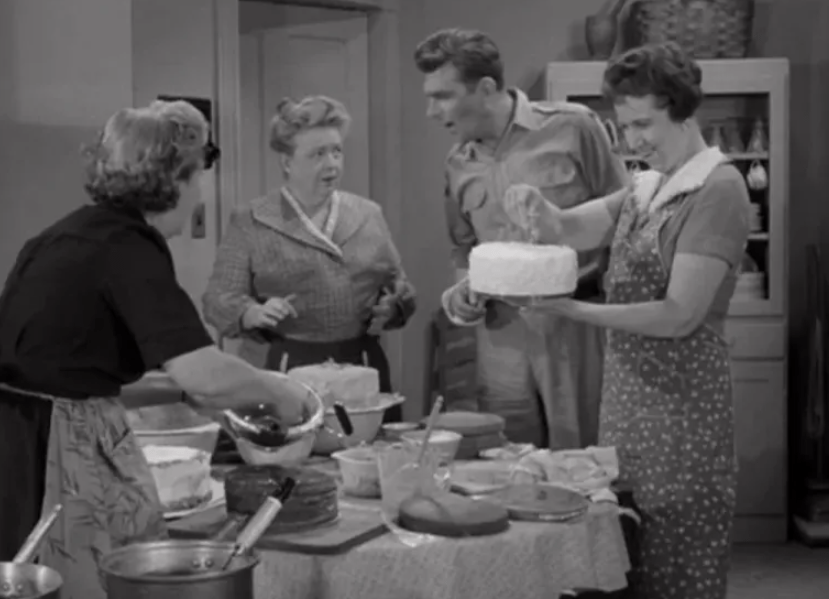
Frances Bavier, a superb New York actress, left an indelible mark on the cherished show “The Andy Griffith Show” as “Aunt Bee.”
Despite her enormous popularity as an attractive and warm-hearted figure, Bavier’s intelligence and age occasionally caused friction with her coworkers, who were younger than her.
After “The Andy Griffith Show” ended, stories started circulating regarding Bavier’s genuine sentiments about her part and coworkers.
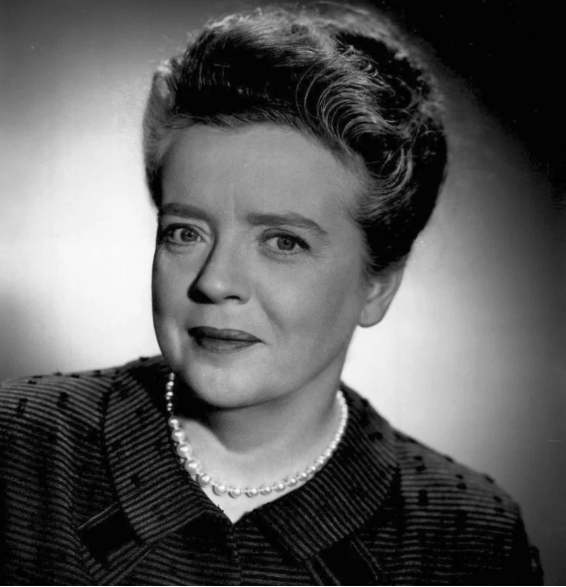
Some sources stated she was ill-tempered and loathed her role, while others claimed she despised the relaxed and lighthearted mood on set.
Regardless of these claims, it is indisputable that Bavier’s portrayal of “Aunt Bee” played a significant role in the show’s long-term success and history.
Her ability to represent both the character’s warmth and eccentricities won her fans all over the world. The fact that the part is still so strongly identified with her is a credit to her talent as an actress.
While the suspicions regarding Bavier’s behind-the-scenes behavior may never be entirely substantiated, it is sure that her contributions to television and entertainment will live on.
Her reputation as one of television’s great ladies and an essential element of “The Andy Griffith Show” will continue to inspire future generations of fans and performers.
Frances Bavier, best remembered as Aunt Bee in the iconic TV series “The Andy Griffith Show,” was noted for her turbulent final days. Recent revelations, however, have shown a considerably more detailed and nuanced image of the actress.
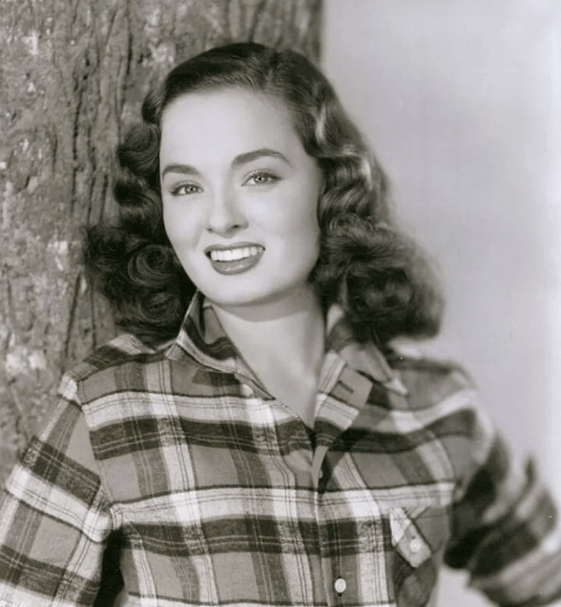
Bavier’s youth in Manhattan in 1902 was quite average for the time. Her father worked as a stationary engineer, while her mother cared for the family at home.
As a teenager, Bavier aspired to be a teacher and enrolled at Columbia University. Her stay there, however, was difficult, and she soon found herself unable to meet the demands of academic life.
Bavier claimed in an interview with The Charlotte News that her time at Columbia was a nightmare. She recounted feeling afraid before deciding to pursue her actual calling, acting.
She began her career in vaudeville before moving to Broadway, where she immediately established a reputation for her talent and aptitude.
Despite her success in the theater, Bavier felt she had much more to learn and opted to continue her education. She attended the American Academy of Dramatic Arts and graduated in 1925. After that, she continued to perfect her art, working steadily in the entertainment sector for many years.
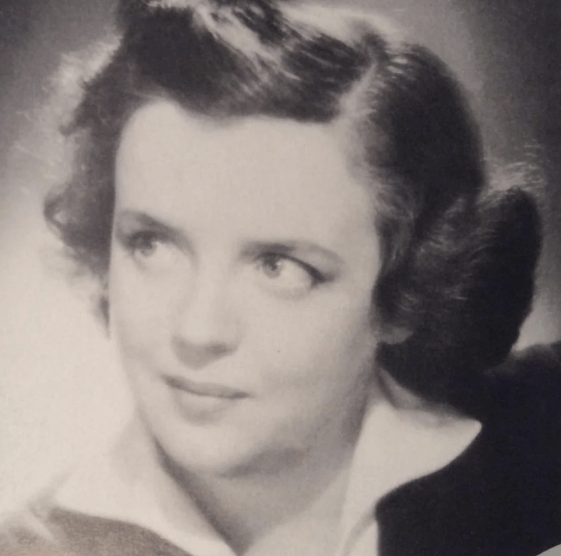
While Bavier is best known for portraying Aunt Bee in popular culture, her life and career were far more varied and nuanced than many believe.
Her journey from failing student to renowned actor demonstrates her determination, endurance, and devotion to her work.
Frances Bavier’s career began when she was cast in the Broadway production of “On Borrowed Time.” Her performance caused a sensation, and she became a well-known actress.
When World War II broke out, Bavier joined the USO and traveled to the Pacific to amuse US troops in a hostile area.
Bavier debuted on television in the 1952 crime drama series “Racket Squad.” The show was a success, and Bavier began receiving offers for various TV shows and movies. Her most important part, however, was yet to come.
It is still being determined whether Bavier ever married because different sources provide contradictory information. According to some sources, her husband was a military veteran named Russell Carpenter, and they were married from 1928 to 1933.
Bavier reflected on her marriage in a 1964 interview with the Star-Gazette. While it is unclear if she was referring to Carpenter, she confirmed her marital status.
On the other hand, the facts of her personal life have primarily remained unknown, and Bavier was very private. Regardless, her talent and beauty have made an everlasting impression on the world of entertainment, and her contributions to the business will be remembered.
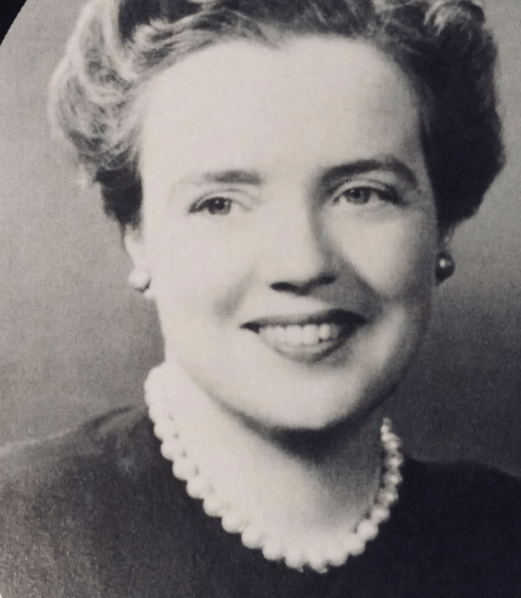
Frances Bavier was an American actress best known for her role as “Aunt Bee Taylor” in the classic television series “The Andy Griffith Show,” She co-starred with Ron Howard and the titular Andy Griffith.
She faced a dilemma many women experience today: she wanted to pursue a profession and a family life but found it challenging to balance both. According to Frances, it wasn’t so much that she loved her husband less but that she enjoyed performing more.
Despite knowing that psychologists believe a woman can mix a job and a home life, Frances sympathized with her husband’s wish for his wife to be utterly devoted to him and their children.
She had signed on for an episode of “Make Room for Daddy” in 1955, appearing with Andy Griffith and Ron Howard – the pilot for The Andy Griffith Show. This series was immensely successful, and its characters became famous emblems of the 1950s and 1960s society’s strict moral code.
Frances Bavier logged more episodes than any other character in the show’s ten-year run, finally winning an Emmy Award in 1967 for portraying the adored Aunt Bee.
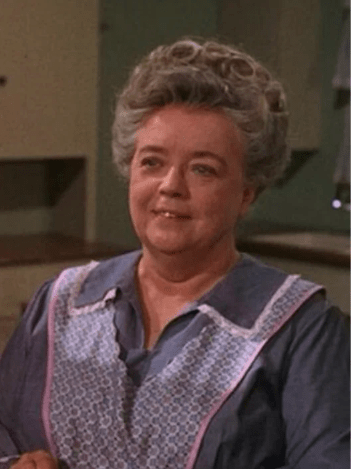
Frances Bavier, who portrayed Aunt Bee in “The Andy Griffith Show,” was notorious for being tough on set. She was known for being aloof and demanding, sometimes clashing with co-star Andy Griffith.
Despite this, producer Sheldon Leonard lauded her professionalism and her talent, calling her a “fine comedienne” and a fine actress with very individual character.”

Bavier had conflicting views about her famous role, feeling both trapped by it and appreciative of the fame it provided her. She discussed the difficulties of becoming so associated with a character that her own individuality seemed to vanish.
She did, however, enjoy the benefits of being known across the country, especially when she was lonely while working in California.
Bavier told The Charlotte News in 1961 that Aunt Bee often boosted her spirits. She would go grocery shopping and enjoy the friendly greetings from her followers.
However, she was dissatisfied with being known for her TV part rather than her acting abilities. Despite these mixed views, Bavier’s Aunt Bee is one of the most beloved characters in television history.
Frances Bavier, widely remembered as Aunt Bee in “The Andy Griffith Show,” reportedly reached out to her co-star Andy Griffith four months before she died in 1989.
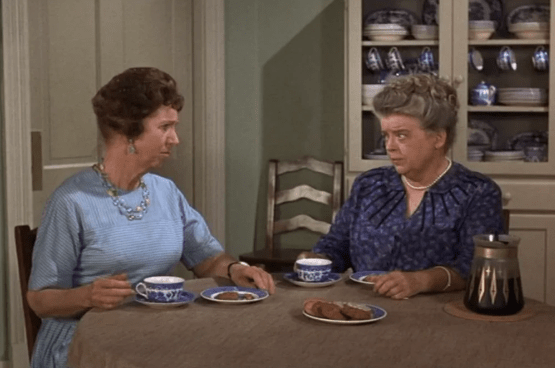
Griffith stated to Larry King in 1998 that Bavier had called him to apologize for her bad behavior on production. According to the show’s producer, Richard Linke, Bavier was renowned for being touchy and temperamental due to her age.
Despite offending her several times on production, the two finally became extremely close friends.
After retiring from acting in 1972, Bavier relocated to Siler City, North Carolina, a small town of around 3,700 people. On the other hand, Bavier found it challenging to adjust to small-town life because the villagers perceived her as a reclusive and disagreeable woman.
Siler City and North Carolina have taught me so much. In a local television interview, Bavier revealed difficulty adjusting to her new surroundings, saying, “Living here has been difficult for me.”
Despite her difficulties, Bavier remained popular in Siler City and elsewhere. In addition to “The Andy Griffith Show,” she appeared in several other films and television shows throughout her career.
Fans of the program continue to seek out Bavier’s work on television and remember her warmly for her iconic performance of Aunt Bee.
Frances Bavier, best known for her role as Aunt Bee on The Andy Griffith Show, spent her final years alone. Despite her celebrity and the possibility of having innumerable loyal admirers, she chose to avoid public appearances and interviews in favor of a quiet and solitary existence with her cats.
According to Diana Hatch, who worked with her at the University of North Carolina Center for Public Television, Frances was a highly private person who loved her own space and privacy. According to some sources, she had become a loner who hardly spoke to people.
Frances had an invitation to star in the television movie “Return to Mayberry,” a continuation of The Andy Griffith Show, near the end of her life. She turned down the offer, purportedly owing to her worsening health.
According to Andy Griffith, Frances had indicated an interest in the project but finally opted against it because she did not want people to see how sick she had become.